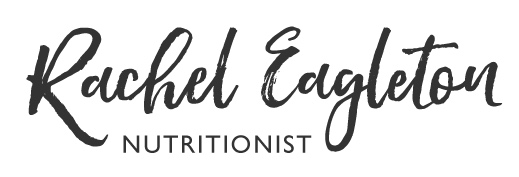So, if I shouldn't drink soft drinks - are diet soft drinks OK?
/I think by now we've all realised that sugar is a big part of the obesity epidemic and cutting out soft drinks is a great way to improve your weight and with that reduce your risk of obesity, type 2 diabetes, and prevent certain types of cancer. So are diet soft drinks a better option? Well, no.
Diet soft drink appears to contribute to weight gain also. A recent study of 66,000 women over 14 years found an increased risk of type 2 diabetes for consumers of diet drinks. A study published in Diabetes Carefound daily consumption of diet soft drinks was associated with an increase in metabolic syndrome and type 2 diabetes.
The research into the effects of diet drinks on humans is still in its early days and the reasons for the associated weight gain are still not fully clear however it is thought that because artificial sweeteners are hundreds of times sweeter than sugar our genetically-programmed preference for sweet taste is activated. The diet drinks make your metabolism think sugar is on its way which causes the production of insulin which causes your body to store fat.
Diet drinks also seem to affect bone strength and risk of fractures. One 2014 study found that each daily soft drink (diet or non diet) increased the chance of hip fracture by 14% for postmenopausal women.
Instead of soft drinks chose water or green tea. In summer I use our soda stream to carbonate cold water and add a few slices of lime, cucumber or a crushed handful of mint. Cheers!















